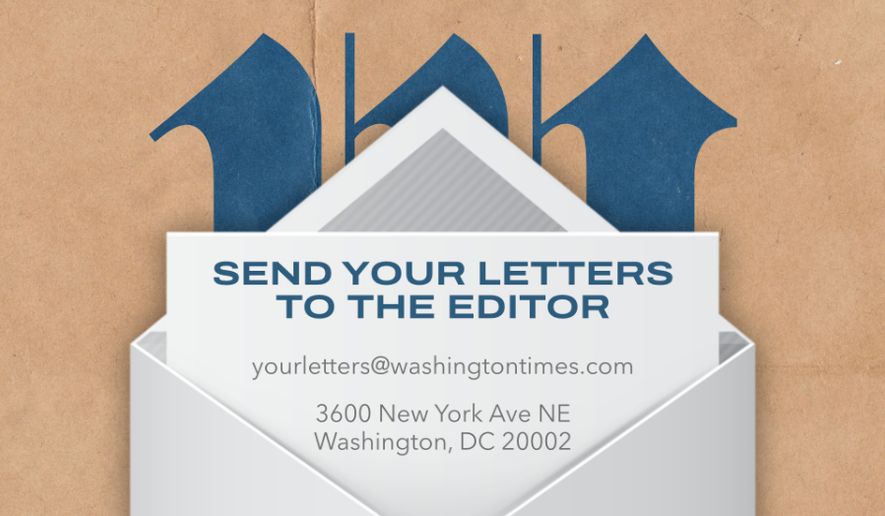OPINION:
I support better relations between the United States, Saudi Arabia and the United Arab Emirates. However, our relationship with Saudi Arabia is complex, and understanding bilateral issues and global strategic issues here is critical.
Sun Tzu, the great Chinese military strategist, lived 2,500 years ago, but his genius is still recognized today. His book, “The Art of War,”
was constantly on the desk of five-star Gen. Douglas MacArthur, the World War II leader in charge of the Army in the Pacific.
Sun Tzu’s first rule was “Know your enemy.” And that is of the utmost importance in the case of Saudi Arabia. Coordination and cooperation with the Saudis may be very wise in the struggle against Iran, a serious enemy posing a strategic threat.
For example, during World War II, President Franklin Roosevelt supplied Stalin’s Soviet army with significant war materiel in its fight against Nazi Germany. He recognized that Soviet army sacrifices would minimize U.S. losses. In that fight, millions of soldiers, both Soviet and Nazi, were killed, definitely weakening the Nazi military. Roosevelt overlooked the fact that Stalin was a dictator responsible for the deaths of millions of his own people.
Iran is a serious threat to both America and Israel by virtue of its nuclear ambitions and support of Islamic terrorism around the globe. By contrast, Saudi Arabia is a nation emerging from a medieval society, still with remnants of pre-renaissance governance, but now with a much-reduced desire to support terrorism and global Islamic hegemony.
The UAE seems further along in its emergence and has less controversy. Its move toward peace with Israel shows an important improvement toward modern democratic values.
CHARLES WINFIELD
Boca Raton, Florida




Please read our comment policy before commenting.